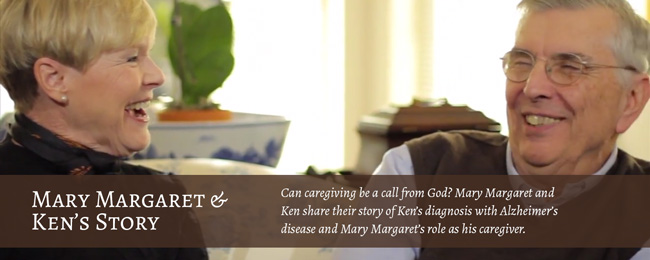
In Rosalynn Carter’s book Helping Yourself Help Others: A Book for Caregivers, the former First Lady quotes a colleague as saying there are only 4 kinds of people in the world:
- those who have been caregivers,
- those who currently are caregivers,
- those who will be caregivers,
- and those who will need caregivers.
Which one are you?
The National Family Caregivers Association and the National Alliance for Caregiving report that 50 million people in the United States care for loved ones 18 years of age or older and at least another 10 million care for loved ones with special needs, younger than 18.
The aging population in the U.S., our increasing longevity, and the growing burden of chronic illnesses have all contributed to what some describe as a “caregiving crisis,” as echoed by statistics from the Rosalynn Carter Institute for Caregiving:
- 80% of caregivers are women;
- 41% spent more than 40 hours per week providing care;
- 75% said they provide all or most of the care;
- 30% end up providing care for more than 10 years;
- 50% said they feel burned out.
Participants in our Called to Life small groups on vocation commonly report that caregiving is the number one vocational issue for many adults in congregations. While some people may feel called in their caregiving, others may insist that this is not their vocation although it is a duty they must assume nonetheless.
What does it mean to say that caregiving is a calling?
The experience of being the primary caregiver for a loved one – a parent, spouse, child or other relative – can involve high levels of stress, anxiety, guilt, and burnout. Spiritual questions of isolation, despair, and suffering may leave the caregiver feeling frustrated or even forsaken from God and their former communities of support. But people also report a deep sense of satisfaction, joy, and gratitude at being able to care for a loved one, even in the face of great personal sacrifice.
In the latest addition to our Lives Explored video series on vocation, Mary Margaret and Ken share their story of Ken’s diagnosis with Alzheimer’s disease and Mary Margaret’s role as his caregiver.
They speak honestly about the challenges of this journey, but Mary Margaret also describes a strong sense that she is called to be a caregiver:
“I realized I had a choice to make. Either I could continue to be in pain and in suffering, or I could find the joy in the pain—become an advocate, an educator, an ambassador for helping others with Alzheimer’s. So for me, the pain and suffering were a very necessary part to awaken me.” – Mary Margaret
“I think it’s so different between the caregiver and the person affected. She struggles with the burden of taking care of me, where I can’t worry about that because there’s nothing I can do about it. That’s why I’m so adamant about the caregivers’ educational process and support. They all are struggling. They are the saints.” – Ken
Vocation involves responsibility and duty, but also love and care. The question of whether or not a caregiver understands their role and work as a calling is a complex struggle, one that deserves careful reflection over time. Have you experienced caregiving as a calling?
In Mary Margaret’s words, “When Ken was first diagnosed, we were both devastated and very depressed. I actually forgot to call on God initially. We were trying to figure out ways to survive this disease.”
But through the support they were able to gather around them from medical professionals as well as their faith community, she describes how her perspective shifted and she came to hear “the message that I don’t need to worry, that God is going to show us the way. And he has.”
Like this post? Subscribe to have new posts sent to you by email the same day they are posted.



Before being a caregiver I was working in Silicon Valley as an computer analyst. Worked for one company for 25yrs. After getting lay off I took a break for 7 yrs and moved to another state where it’s hot. Now, I just became a caregiver in memory care. It’s funny I would never think I would do this I enjoy taking care of the residents I got so attached OMG! I believe it is gods calling even if I wanted to quit I can’t it’s gods power. He wants me taking care of Alzheimer’s. I love my job. From high tech to caregiver. I feel there pain when I look straight to there eyes. Some cannot walk they cannot do anything. I feel it is gods calling. I am a very compassionate person and very caring. When they depart from earth I cry so much and I miss them a lot.